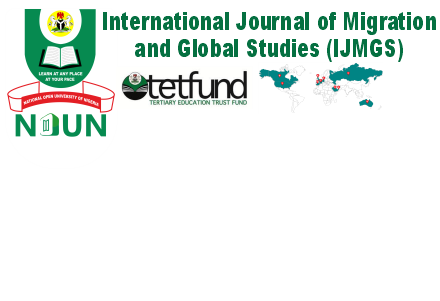Migration is a practice that is as old as time itself. It has serious impacts on the people moving and the places involved (origin and destination). Several reasons have been identified as the motivation for migration, however, the differences in economic opportunities remain one of the major drivers of intra and inter-regional migration. Migration is rarely divorced from geopolitical challenges and in fact has been a focal point of political debate in developed nations, as governments assess the economic, security, and humanitarian concerns. With the continued interest in migration, reliable data is necessary to drive its discourse both locally and globally. For this case study, a review of previous publications, archives, publicly available statistics, and reports from global organizations on migration including the International Organization of Migration was conducted to provide an insight on the current state of migration in developed and developing nations. This review shows that even though migration has several benefits to all involved, the nations of origin feel the negative impact more as they continue to lose highly skilled human resources to developed economies. Appropriate policies must be put in place to tackle the root causes of migration by addressing fundamental issues such as poverty, corruption, insecurity, organized crime, threats to climate change and other broader issues in the countries of origin of migrants. This could greatly benefit migrants and their families while contributing to the development
in the origin and destination countries.
